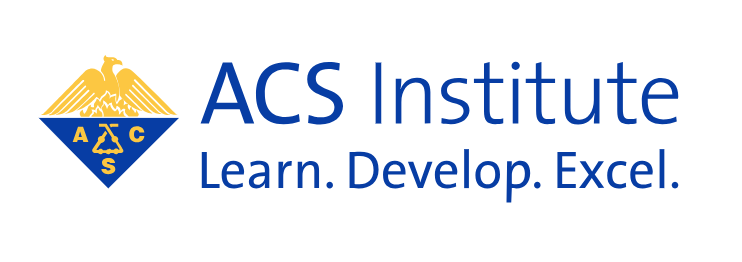
This course addresses key concepts, processes, and regulatory guidelines employed in the assessment and communication of the ecological safety of chemical products.
Pricing: Starting USD 895.00
Dates: TBD
About the Course
Ecological toxicology is the field that assesses adverse effects in non-human and wildlife species resulting from chemical exposures via aquatic, soil, and atmospheric media. Examine the links between chemical properties and their fate (distribution and lifetimes) within these compartments. Particular attention will be given to the 3 parameters that define chemical behavior in the environment: persistence, bioaccumulation, and ecotoxicity.
Topics include:
- Basic ecotoxicology principles and terminology
- Laboratory and computer modeling methods for estimation of chemical fate and adverse impacts on the environment
- Classifications and communications of chemical eco hazards to guide compliance with safety, product stewardship, and related tasks
- Regulatory guidelines (GHS, US EPA, EU REACH, Japanese) for establishing ecological safety
What You Will Learn
The course provides descriptions of terminology and concepts used in the ecotoxicology field to provide attendees sufficient familiarization to:
- Successfully function within the realm of chemical ecological safety, including coordinating development of new test data with external laboratories
- Prepare individuals to provide ecological expertise when actively participating in regulatory and chemical development projects
- To speak authoritatively on ecosafety issues to non-technical individuals and audiences.
Who Should Attend
Chemists, regulatory, and other technical professionals who have organizational responsibilities for reporting and communicating the fate and adverse effects of chemicals in the environment as part of regulatory matters, community safety, product stewardship, and product development.